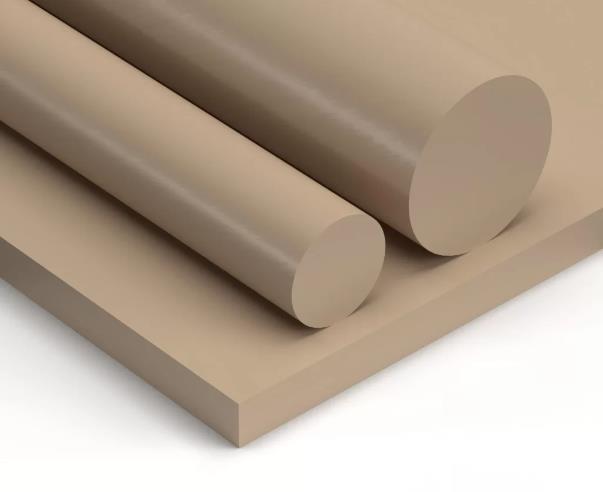PPS Types:
PPS materials come in various forms depending on the specific compound and applications. There are unfilled, glass-filled, carbon-filled, and hybrid-filled compounds to choose from. Unfilled PPS is an amorphous polymer and is used primarily in electrical applications, such as switches, sockets, and other electrical components. Glass-filled PPS is a crystalline polymer that boasts high stiffness and strength, making it an excellent option in precision engineering applications. Carbon-filled PPS is similar to glass-filled, but with improved resistance to friction and wear. Hybrid-filled PPS is a combination of glass and carbon fibers designed to offer a balance between strength and durability.
Material Properties:
As mentioned, PPS offers a unique combination of properties such as high temperature resistance, electrical and chemical resistance, and dimensional stability, making it an excellent material for mechanical engineering. PPS has a melting point of around 280°C, which is crucial in high-temperature applications where it is used as a substitute for metal and ceramic materials. It also has high resistance to various chemicals, including acids, alkalis, and solvents, making it ideal for use in harsh environments. Its high dimensional stability means that PPS parts retain their shapes and dimensions over a wide range of temperatures and loads.
Processing Methods:
Depending on the product’s final application, PPS can be processed using several methods. The most common methods are injection molding and extrusion. Injection molding is a widely used method suitable for producing complex parts that require precise shapes and dimensions. Extrusion primarily produces various PPS components, such as sheets, tubes, and rods. Other processes include blow molding, thermoforming, CNC machining and filament winding.
Industry Applications and Parts Applications:
PPS has a broad range of applications in the mechanical engineering industry; it is used in automotive components, electrical and electronic components, industrial equipment, and many more. In automotive applications, PPS is used in various parts, including fuel systems, engine parts, and cooling systems, among others. It is also used in electrical and electronic applications such as connectors, switches, and sockets. In industrial equipment, PPS finds application in gears, valves, and bearings, among others. PPS’s diverse nature makes it suitable for many different parts, and its excellent properties ensure that it delivers outstanding performance in these applications.
In conclusion, PPS is a vital material in mechanical engineering, and its numerous properties make it an ideal choice in high-temperature applications, electrical applications, and chemical resistance. With different types of PPS, material properties, and processing methods, you can choose the perfect compound that suits your application. Whether you need an unfilled PPS for electrical applications or a glass or carbon-filled PPS for precision engineering, PPS has something to offer. Understanding the properties and processing methods can help you design and create the perfect PPS component for your specific application.
